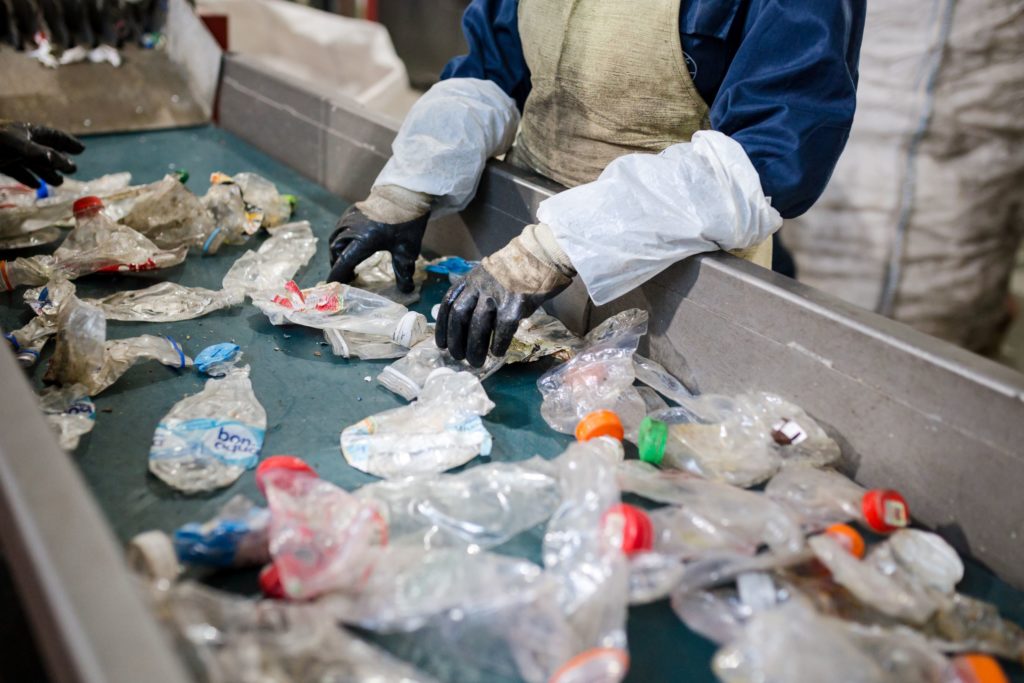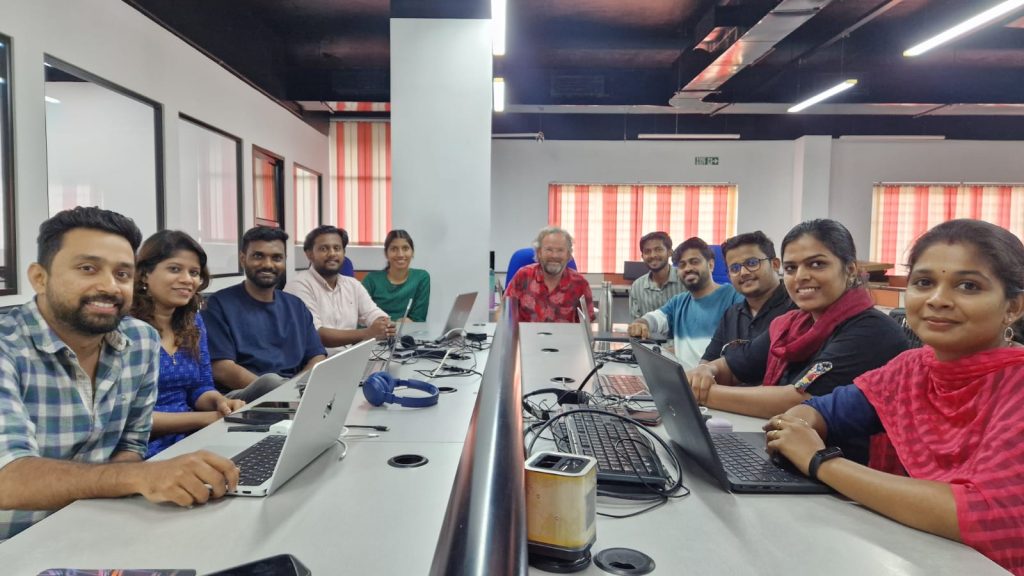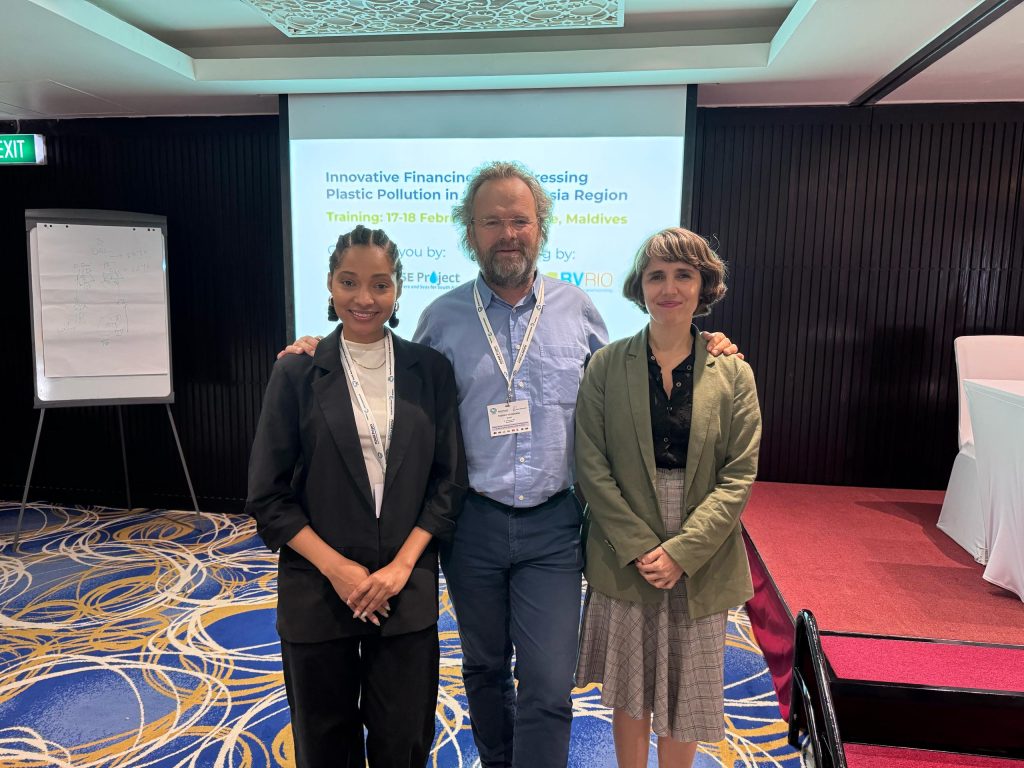BVRio and UN-Habitat signed a Memorandum of Understanding, this month, agreeing to collaborate to enhance waste management and resource efficiency in the world’s cities.
The collaboration will be implemented with a focus on connecting local waste management activities and projects of UN-Habitat’s Waste Wise Cities’ Members and Affiliates, with global companies and investors, as well as with innovative financing options, through BVRio’s Circular Action Hub.
BVRio CEO, Mauricio Moura Costa, commented, “We are delighted to be working with UN-Habitat to further enhance solid waste management in cities. There is excellent synergy between Waste Wise Cities and Circular Action Hub, and we look forward to working together to develop both in the future.”
Andre Dzikus, UN-Habitat’s Urban Basic Services Section Chief, said of the memorandum of understanding (MoU) signed between the two sides, “We are confident that the collaboration with BVRio will result in better solid waste collection and treatment in the world’s cities. Especially the Waste Wise Cities network will benefit from the opportunities this collaboration offers.”
As well as showcasing projects on the Circular Action Hub, BVRio will adopt UN-Habitat’s Waste Wise Cities key principles and ideas in the development of its solid waste management activities. UN-Habitat will also join the Circular Action Hub’s Technical Advisory Committee. Additionally, the two organisations will share good practices and information, arranging events and webinars with a focus on capacity building. BVRio’s Circular Action Hub is the world’s first online global market-place for projects providing important environmental waste recovery services, and includes an innovative system of performance-based payments. Launched in July 2020, there are now over 100 projects on the platform, from over 40 different countries, with a collective capacity to handle over half a million tonnes of solid waste every year.
UN-Habitat launched Waste Wise Cities in 2018 to address the increasing global waste management crisis. It is a programme with a global network to inspire, catalyse, guide, monitor, enable and mobilise support for local governments to work towards improved waste management and resource efficiency. In support of the Sustainable Development Goals, Waste Wise Cities and its Affiliates share knowledge and good practices, build capacity for waste data collection and monitoring, advocate and educate, and assist in the preparation of waste management projects.
Poor solid waste collection and treatment result in open dumping and burning of waste, polluting soil, air and water, and negatively impacting on public health. It is currently estimated that by 2025, open dumpsites will be responsible for 8-10 percent of the global greenhouse gas emissions, thus making waste management a particularly relevant issue to the UN-Habitat 2021 theme of mitigating CO2 levels.
Especially in developing countries, waste management operations account for a significant proportion of city budgets but financing for waste management remains inadequate and up-to-date data for sustainable waste management planning and project development is not available. To be successful, cities must deal with waste management issues in their context while also learning from the experience of other cities.




